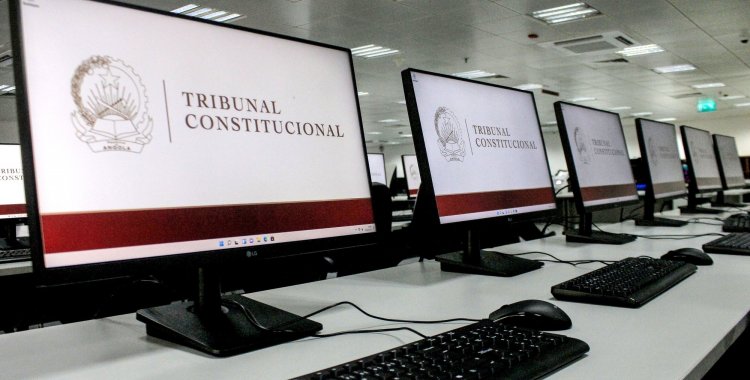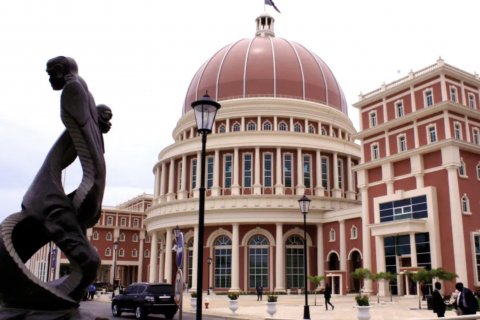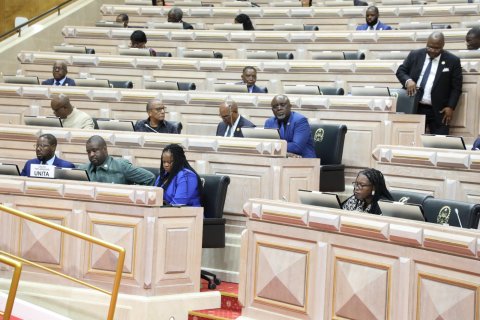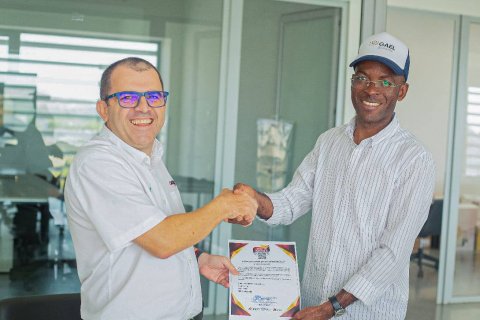For the magistrate, the TC, which celebrates 15 years of existence, will have in the future the great challenge of highlighting its role and responsibility in the process of asserting the rule of law and democracy.
Consolidating its internal organization and improving working conditions and means, preparing itself as an electoral court for the holding of local elections and asserting its role as a court guaranteeing the fundamental rights of citizens are the challenges mentioned.
By fulfilling these functions, noted the judge, the TC "will be elevating constitutional justice", whose reach and meaning is, as a rule, "conditioned by the methods of interpretation of constitutional norms".
Luzia Sebastião, who was speaking this Friday during the main conference of the 15 years of the TC, pointed out that the body, where it exercised functions between 2008 and 2017, "has evolved from a mere inspector of the constitutionality" of the laws to today have a broader function.
"Constitutional Court: Needs that determine its Institutionalization" was the theme presented by the retired judge, who has a PhD in legal-criminal sciences.
According to the also full professor at the Faculty of Law of the Agostinho Neto University, the TC is today a court of control of the constitutionality of the action of the public authorities.
"This is legislative, executive and other courts, a court guaranteeing compliance with the Constitution of the Republic of Angola (CRA) by the State and not just by individuals", she justified.
Today, she continued, the TC is also a court that guarantees fundamental human rights "since it has the power to guarantee respect for all of the rights, freedoms and guarantees that the CRA recognizes for citizens".
Another broad domain of the TC, she pointed out, is the fact that that body "has evolved" into a "true electoral court necessary and indispensable" for the holding of general elections and local elections.
"It is on the shoulders of the court that, in this field of elections, the responsibility lies with receiving and validating candidacies for President of the Republic, deputy and member of the assemblies of municipalities, as well as disclosing the litigation of these elections and declaring the validity of both the elections such as municipal elections", concluded Luzia Sebastião.
Asked by Lusa about the current status of the Angolan judicial system, with the dismissal of the presiding judge of the Court of Auditors and accusations against the president of the Supreme Court, the magistrate admitted that "the Angolan legal system is sick", without going into details.
Angola has not yet held its first municipal elections, a fact that has led to various criticisms from the opposition and civil society, when the only thing missing is the approval of the law for the implementation of municipalities in parliament.







